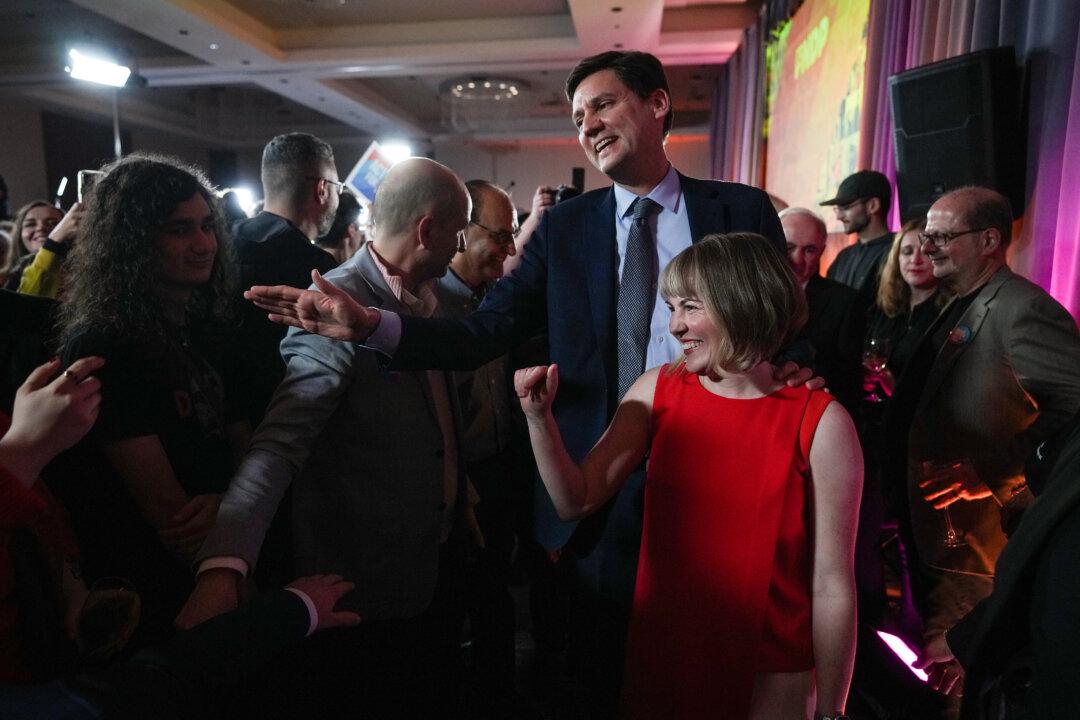B.C. Lt.-Gov. Janet Austin has asked NDP Leader David Eby to form the next government after his party emerged with the most seats following weekend recounts and an absentee ballot count on Monday. A key question remains whether it will be a minority or majority government.
“As Lieutenant Governor of British Columbia, I have spoken with Premier David Eby, who has advised me that he is prepared to continue as Premier of British Columbia,” Austin said in a statement on Oct. 29.





